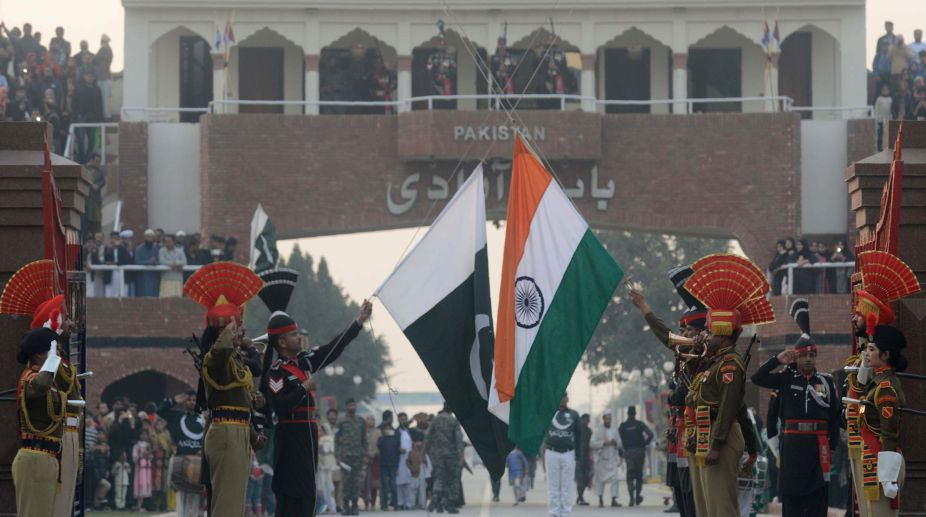Both India and Pakistan are approaching Thursday’s meeting of the Permanent Indus Commission (PIC) to discuss various issues under the Indus Waters Treaty (IWT) cautiously.
There are indeed expectations on both sides that the two-day meeting would help bring down the temperature, which increased considerably during the past fortnight over incidents of harassment of officials of their respective missions.
Advertisement
‘’We should not expect miracles but the meeting will hopefully help ease the situation somewhat,’’ a source said.
He also drew attention to the fact that the trading of charges between the two countries over the harassment of officials had virtually stopped and Pakistan High Commissioner Sohail Mahmood, who had recently been called back to Islamabad for consultations, had returned to New Delhi.
India’s Indus Water Commissioner P K Saxena, technical experts and a representative of the Ministry of External Affairs (MEA) will be part of the Indian delegation for the annual meeting. The six-member Pakistani delegation will be headed by Commissioner for Indus Waters Syed Muhammad Mehar Ali Shah.
This will be the 114th of the PIC. The last meeting was held in Islamabad in March 2017. The treaty mandates the PIC to meet at least once a year alternatively in India and Pakistan.
According to sources, issues relating to India’s Ratle hydroelectricity, Pakul Dul and Lower Kalnai projects, located in Jammu and Kashmir, could come up for discussion.
Located in the Chenab Basin, Pakistan objects to these projects, contending that they ‘violate’ the IWT. However, India dismisses the objection arguing the designs do not flout the treaty that was signed in 1960 after nine years of negotiations with the World Bank as a signatory.
Meanwhile, news reports quoted Union Minister for Transport and Water Resources Nitin Gadkari as saying that the government was planning to build three dams in Uttarakhand to stop India’s unused share of river water from flowing to Pakistan.











